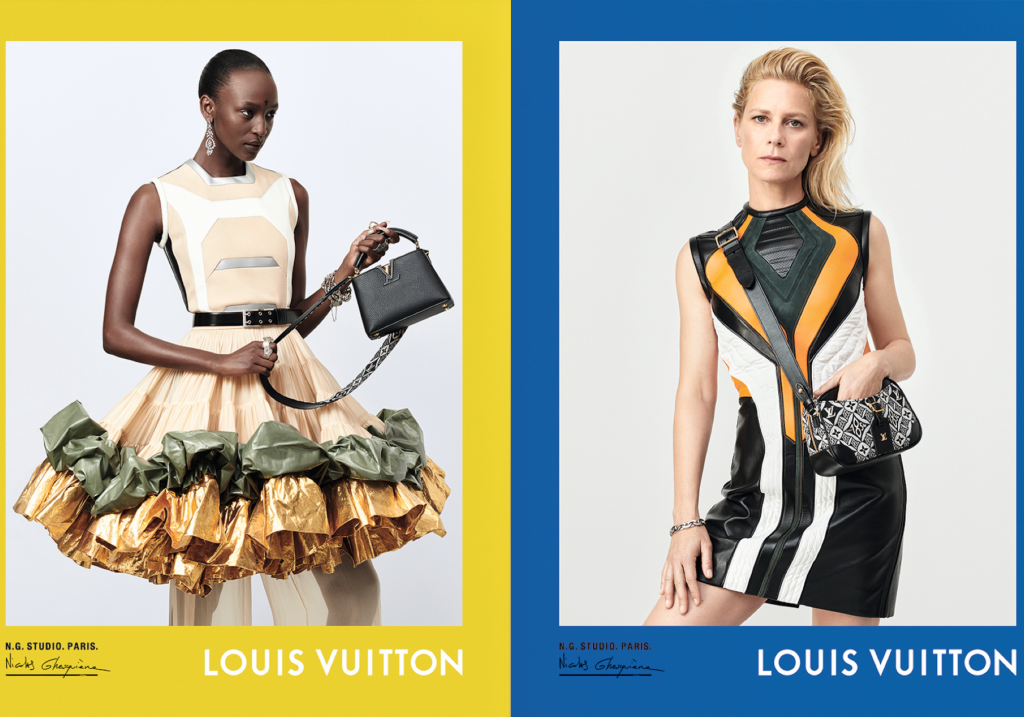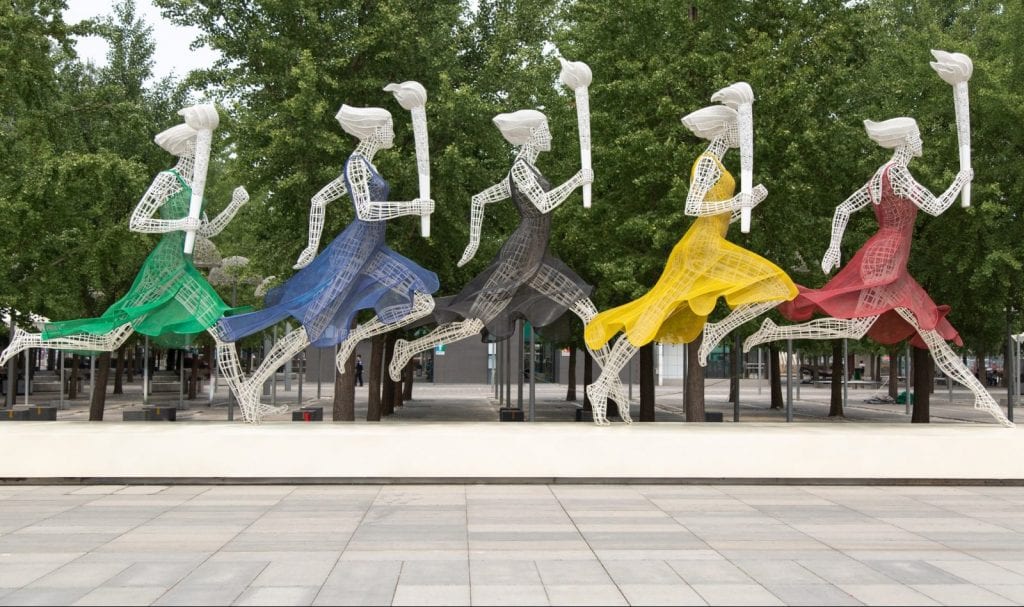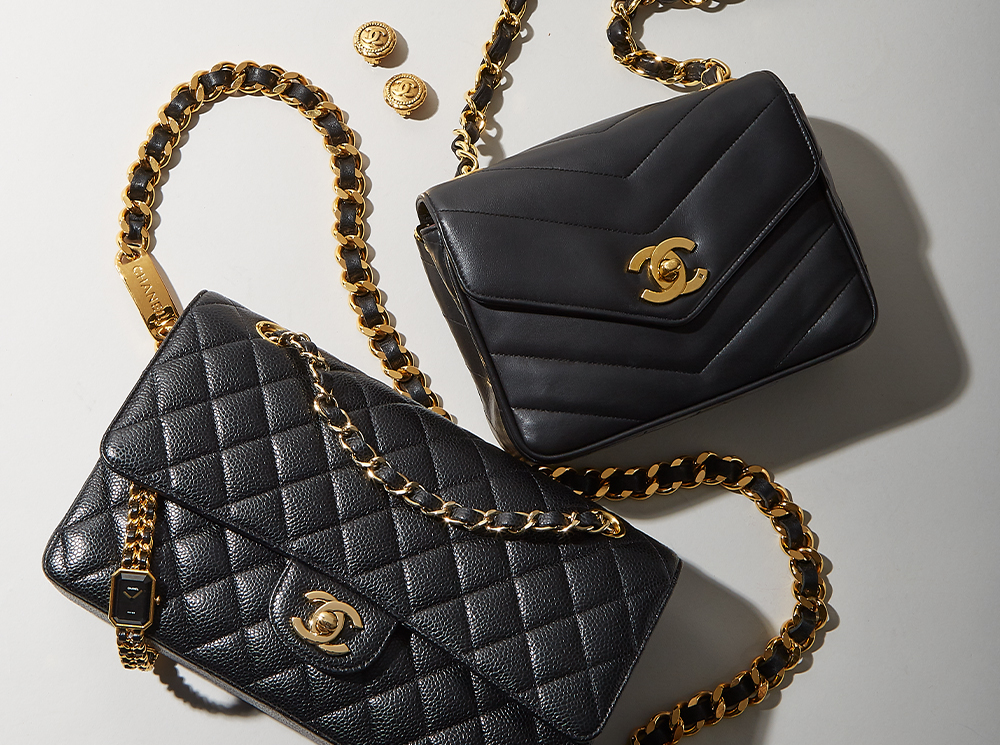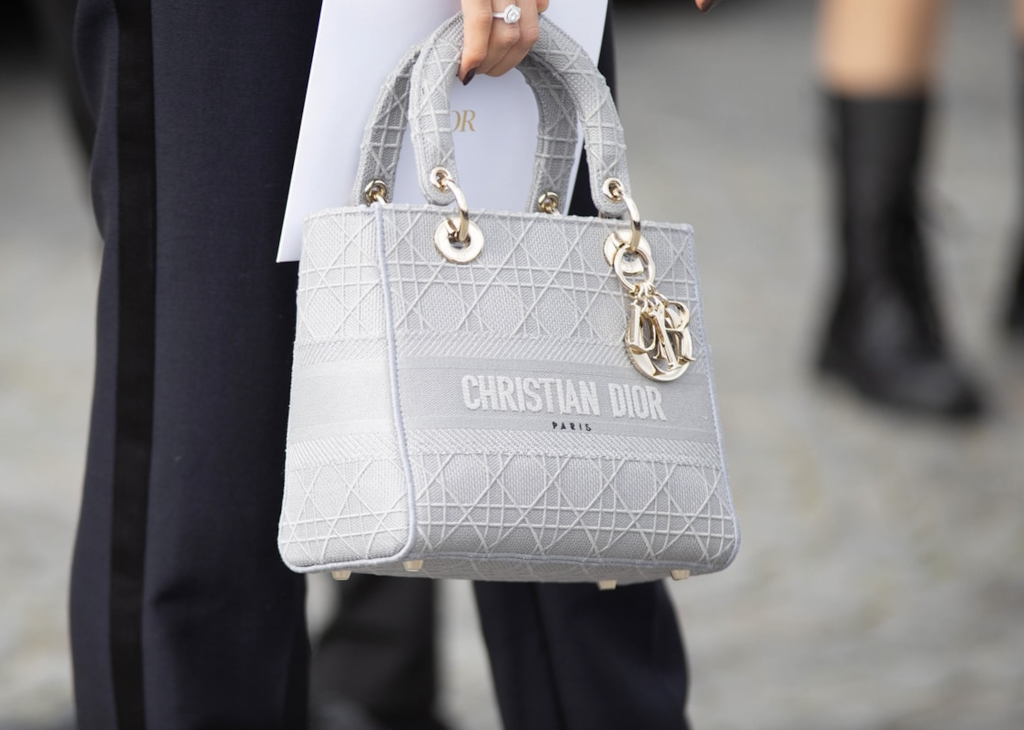The effects of COVID-19 took center stage in the Annual Intellectual Property Report that U.S. Intellectual Property Enforcement Coordinator (“IPEC”) Vishal Amin issued on Monday. Detailing “the actions and activities taken over the past year by the U.S. to promote, protect, and prioritize our … innovative economy,” the lengthy report states that in 2020, “We saw opportunistic criminals taking advantage of the coronavirus health crisis, which led to an influx of counterfeit personal protection equipment and medicines, as well as the proliferation of online scams,” noting that the U.S. government “remain[s] vigilant in detecting, investigating, and prosecuting wrongdoing related to the crisis.”
Looking beyond COVID-specific impacts and initiatives, such as the Department of Homeland Security-convened “interagency working group” dedicated to “countering trade in counterfeit and sub-standard COVID-19 supplies, and ensur[ing] registration and recordation of related certification markings,” IPEC provides a snapshot of the role of intellectual property (“IP”) on the economy. The report states, for instance, that in the U.S., “Merchandise exports of IP industries grew to $842 billion in 2014, up from $775 billion in 2010; an 8.6 percent increase,” and that same year, IP-intensive industries collectively accounted for $6.6 trillion value added, or 38.2 percent of U.S. GDP.
At the same time, the U.S. IP Commission “estimates that counterfeit goods, pirated software, and theft of trade secrets, which includes cyber-enabled trade secrets, directly cost the U.S. economy $225 to $600 billion annually, or 1 to 3 percent of GDP in 2016.” Meanwhile, a joint report by the OECD and EUIPO “estimates that trade in counterfeit and pirated goods stands at 3.3 percent of global trade,” with the country “most affected by counterfeiting and piracy in 2016” being the U.S., “whose brands or patents were concerned by 24 percent of the fake products seized,” followed by France at 17 percent, Italy (15 percent), Switzerland (11 percent) and Germany (9 percent).
As for the 2019 fiscal year, U.S. Customs and Border Protection “processed $2.7 trillion in imports, including approximately 1.8 million small packages per day sent via international mail and express carriers,” among them were seized counterfeit goods with a total manufacturer’s suggested retail price of up to $1.5 billion had the goods been authentic.
Beyond setting the stage on the role of IP – and counterfeits – in the U.S. economy, the report specifically addresses the activities of the U.S.-China IP Criminal Enforcement Working Group, in furtherance of which the Department of Justice and U.S. law enforcement (including ICE’s Homeland Security Investigations and the FBI) engages with Chinese law enforcement to address IP rights challenges. Established in 1983 by way of the U.S.-China Joint Commission on Commerce and Trade, the joint initiative aims to “address the civil, administrative and criminal enforcement challenges caused by the rapid development of e-commerce,” and has resulted in “successful operations to disrupt the manufacture of counterfeit items, such as airbags, pharmaceuticals, batteries, electronic components, and luxury items,” according to the annual report.
Among the prosecution initiatives specified in the report, the Department of Justice “continues to prioritize IP investigations and prosecutions that involve (1) health and safety, (2) trade secret theft or economic espionage, and (3) large-scale commercial counterfeiting and online piracy,” increasing the “focus on IP crimes that are committed or facilitated by use of the Internet or perpetrated by organized criminal networks.”
With that in mind, the report highlights a number of significant large-scale piracy and counterfeiting prosecutions, a handful of which involve the trafficking and sale of counterfeit luxury and/or fashion/apparel goods, with Louis Vuitton, Nike, and Michael Kors wares among some of the most heavily cited.
The counterfeit fashion/apparel prosecutions specified in the report are as follows …
New York Woman Sentenced for Trafficking Over $3 Million in Counterfeit Footwear & Handbags Through Port of Newark
On October 22, 2018, Xiao Xia Zhao, was sentenced to 18 months imprisonment and three years of supervised release. Zhao had pleaded guilty, on May 23, 2018, to trafficking in counterfeit goods. In total, Zhao trafficked in thousands of pairs of fake Nike footwear, Louis Vuitton handbags, and other counterfeit items, with a total estimated retail value of over $3 million. Zhao also paid individuals over $75,000 in exchange for the delivery of the containers.
Queens Resident Sentenced to 30 Months’ Imprisonment for Smuggling Counterfeit Apparel into the U.S. from China
On November 2, 2018, Su Ming Ling, a resident of Queens, New York, was sentenced to 30 months’ imprisonment and ordered to pay $12,905.67 in restitution for one count of fraudulent importation and transportation of goods and one count of conspiracy to traffic in counterfeit goods. The charges arose out of Ling’s participation in a scheme to import more than 200 shipping containers of counterfeit brand-name apparel from the People’s Republic of China. In aggregate, the counterfeit apparel imported by the defendant and his co-conspirators between May 2013 and January 2017, if sold in the United States as genuine, would have retailed for an estimated $297 million.
Ling pleaded guilty to the charge on January 5, 2018. The 211 shipping containers Ling smuggled into the United States included counterfeit goods, such as Nike shoes, UGG boots and NFL jerseys. Ling also hired CBP-licensed customs brokers to file customs entry forms on behalf of the businesses whose identities he had stolen and provided those customs brokers with falsified shipping documents. The counterfeit goods were distributed to locations in Brooklyn, Queens and New Jersey, among other areas.
3 Individuals Indicted in Conspiracy to Sell Counterfeit Apparel & Accessories
On June 6, 2019, Zi Yu Zheng, Xiao Ling Wei, and Ling Wu Wei, all from Maryland, were indicted for trafficking in counterfeit goods through their operation of a retail store and warehouse used to sell apparel and accessories under unauthorized trademarks. The indictment alleges that the three individuals openly displayed the counterfeit merchandise in the retail store, while engaging in various security and counter-surveillance measures to prevent detection by law enforcement, including limiting access to their warehouse to individuals and customers they knew, prohibiting cell phones in the warehouse, and maintaining a secret showroom of counterfeit merchandise behind a false emergency door.
According to the indictment, law enforcement penetrated the conspiracy through controlled purchases executed by confidential sources and an undercover agent.
New Orleans Man Sentenced to 3 Years’ Probation after Previously Pleading Guilty to Trafficking in $193,980 Worth of Counterfeits
On June 25, 2019, Maher Salim, a resident of New Orleans, Louisiana, was sentenced to three years of probation after previously pleading guilty to trafficking in counterfeit goods, on February 12, 2019. According to court documents, Salim owned and operated BRANDS 4 LESS, a business located at 4200 Washington Avenue, Unit A, in New Orleans. During the search, agents seized numerous counterfeit goods Salim was selling that bore the false marks of makers of clothing and luxury goods, including True Religion, Rock Revival, Michael Kors, Coach, Louis Vuitton, Polo, Timberland, New Era, Nike, Adidas, Dolce & Gabbana, Mitchell & Ness, and North Face. The collective fair market value of all the items was approximately $193,980.
15 Defendants Plead Guilty in Scheme to Smuggle Millions of Dollars of Counterfeit Luxury Goods From China into the U.S.
As of December 2019, fifteen defendants charged with smuggling millions of dollars in counterfeit luxury goods pleaded guilty in federal court. On August 16, 2018, six indictments and one criminal complaint were unsealed in federal court, charging a total of 22 defendants with illegally bringing into the United States millions of dollars of Chinese-manufactured goods by smuggling them through ports of entry on the East and West Coasts.
All twenty-two defendants were arrested on charges, including conspiracy to traffic, and trafficking, in counterfeit goods; conspiracy to smuggle, and smuggling, counterfeit goods into the United States; money laundering conspiracy; immigration fraud and unlawful procurement of naturalization.
The defendants played various roles in the trafficking of counterfeit goods manufactured in China, brought by ocean-going ships to the United States in 40-foot shipping containers, smuggled through ports of entry disguised as legitimate imports and distributed throughout the country. The counterfeit goods included items such as fake Louis Vuitton and Tory Burch handbags, Michael Kors wallets, Hermes belts and Chanel perfume. An additional eleven defendants were referred to the Queen’s County District Attorney’s Office for prosecution and were convicted in state court of related offenses.
Fashion items and luxury goods routinely top the list of some of the most heavily-targeted types of goods by counterfeiters, and some of the most frequently purchased types of products by consumers. That is what the Paris-based OECD, for instance, revealed in a December 2019 report that shed light on the magnitude and scale of the counterfeit trade in the United Kingdom.
Last year, the U.S. Department of Homeland Security’s Office of Strategy, Policy, and Plans highlighted that scope of the fake fashion market, revealing that in the $1.2-plus trillion global counterfeit industry (a figure that was expected to grow to $1.82 trillion by the end of 2020), apparel and other types of accessories, along with footwear, topped the list of intellectual property seizures by U.S. government bodies at 18 percent and 14 percent of seizures, respectively, in 2018. Watches and jewelry followed at 13 percent of total seizures, and handbags and wallets represented nearly 11 percent of all seizures, including no shortage of those counterfeits targeting luxury brands, such as Louis Vuitton and Gucci.











